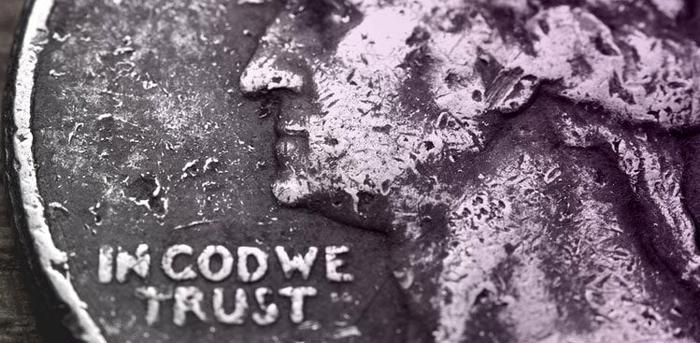
One of the key characteristics of being a consultant is the ability to build trust with both your clients and your teams. After all—these people are paying you for advice and often trusting you with the fate of their company.
And while building trust like this is difficult in any professional interaction, it’s especially challenging in the consulting world given that we are constantly changing the teams and clients we work with—and really have to expedite the trust-building process. Through my years of frequently being thrown into this situation, I’ve learned a lot about how you can quickly build up rapport. Here are some of my favorite tips.
Be Human
It can be easy to think that trust in the workplace is earned by being relentlessly professional; in fact, I made this exact mistake early in my career. I thought that by acting incredibly formal, dressing in stuffy suits, and using a large vocabulary, I would show my clients that I was well-suited for the job at hand—and they would trust me as a result.
What I quickly learned is that people trust other people, not robots. In other words, it’s important to show your personality and develop real relationships with your team and your clients. When people feel a connection to you, they are more willing to come to you with feedback and ideas, helping them trust your commitment to their success and the outputs of your work.
A great way to do this is through making time for social interactions with the people you work with. All of those steak dinners that the consulting industry is notorious for have an ulterior motive; going out for a meal (and maybe a glass of wine) can do a lot for bringing teams together. They help to provide an environment that is less formal, where you can talk and find things in common and begin to build that trust and relationship that is so key to completing good work.
Another way to do this is to show little acts of thoughtfulness toward your client and your team. For example, I always learn my client’s favorite type of coffee and when I have a meeting with him or her will often pick one up on the way. Doing something like this for clients shows that you are thinking of them and are trying to do something nice for them that isn’t expected. Plus, who doesn’t love a free coffee?
A golden rule when it comes to all relationships is to take the time to build a genuine interest in others, and this certainly holds true when building trust in the workplace.
Don’t Let Them See You Sweat
While you have to be human, there is still a level of professionalism and poise you need to exhibit. Confidence is key to having people believe in you and your abilities, and showing any doubt in yourself and your ideas can immediately destroy any trust you have built.
So what if you’re in a situation in which you truly don’t know? I’ve been there—imagine giving a presentation to a group of executives when they start asking you questions you can’t answer!—and it’s tough but important not to lose your cool. The solution here is to be confident that you can find an answer, even if you don’t have it right now.
It is also important to find out what you need personally to boost your confidence and then to use that in the work environment. For example, it might be as easy as putting on your power outfit—or in my case, my power glasses—that can help you feel more confident, smarter, or just more awesome in general. Some of my other quirky habits that help me build confidence include taking up more space at the table (there is lots written on the effects of body language on confidence), sitting down while presenting when I can so I fidget less, and preparing well in advance with what I am going to say (preferably in bullet points in my notebook for easy reference if needed).
Having confidence in your abilities, your role, and your limits helps others also know how to trust you.
Always Be Error Free
A quick way to lose trust is to make mistakes. While you can’t always avoid it, you need to be committed to minimizing as many errors you can. It can be difficult for a client to trust you when you spell the company name wrong or write a key number incorrectly. Even if the rest of your proposal or presentation is perfect, this will open up doubt about your work and diminish the trust others might hold in you.
One of the ways I work to do this is by having checklists that I run through before completing any document or sending an email that includes things like proofreading the spelling, checking the page numbers, and doing second calculations of numbers.
And if you do make a mistake? Keep the trust strong by not trying to cover up and by recommending solutions to remedy it.